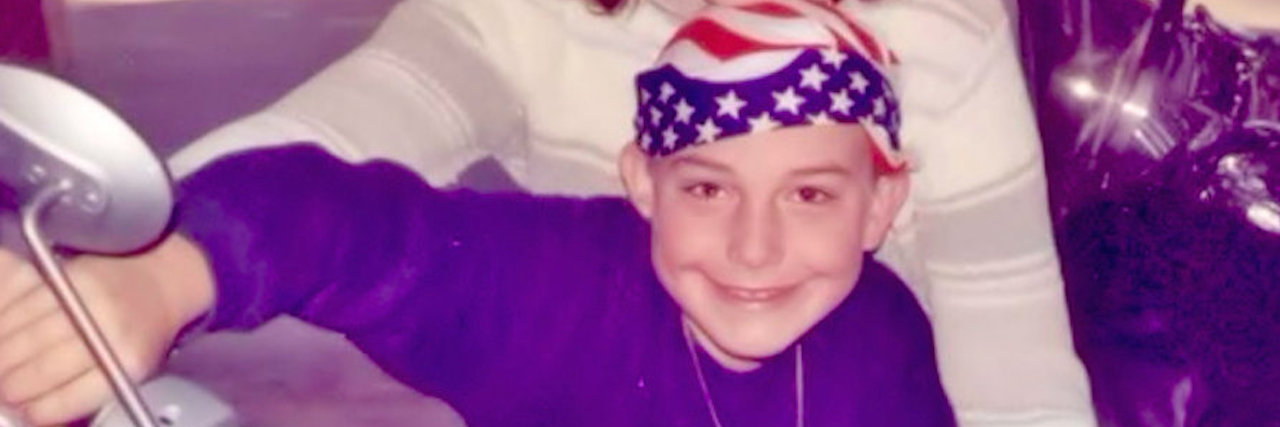Welcome to the family! I don’t say this as a trite expression, but as a reminder that no matter how isolated you may feel — you are not alone. The children who have been diagnosed with diabetes have parents, relatives and doctors and/or caretakers who know and love them. Banded together, we can move mountains to ease the challenges our children will encounter.
You have every right to be sad, angry, confused, overwhelmed, weary and frightened. Chances are, you’re experiencing a kaleidoscope of emotions completely foreign to you. If you are like me, you were blindsided by your child’s diagnosis. Here’s the thing — don’t let your worries hypnotize you into the rabbit hole of despair. Take an hour, a day or even a week if you need to, but buckle up. Your child needs you for the bumpy ride ahead.
Until your child is somewhat regulated, don’t plan on a good night’s sleep anytime soon. No matter what your child’s age, you are now parenting a “newborn” diabetic who needs continual monitoring. Just like your family will need time to adjust to this new development, your child’s body might take its own sweet time adapting to life with diabetes. If your child has been diagnosed at relatively young age, puberty will create a new cavalcade of adjustments. The same goes for any childhood illness, such as a cold or the flu. Alert your friends and relatives to the situation, realize your brain may be foggy from time to time and understand you will get through it.
Please, please don’t base your child’s identity on this diagnosis. Your son or daughter may be an artist, athlete or scientist. Let him or her continue to be known for their wicked sense of humor, love for animals or competitive drive. You are still raising the same child who existed before you encountered diabetes. Don’t let this condition douse your child’s dreams and aspirations. Yes, you need to acknowledge and deal with it daily — and, by no means — should you ignore it. But it doesn’t have to be your child’s definition. It doesn’t have to overtake his or her personality.
In case you haven’t realized it yet — you are your child’s number one advocate. You need to be vigilant, informed and proactive. Unfortunately, it’s only a matter of time before you encounter an ignorant comment, antagonistic school environment or even an unsympathetic doctor. Do your research, be prepared and respectfully stand your ground whenever the well-being of your child is endangered.
Take heart — there have been amazing developments in the treatment of diabetes. What used to be considered an immediate death sentence can now be managed for decades. Regretfully, it still is a life-altering condition and there is no cure, but we must not give up our quest to make this disease a distant memory.
You may have noticed I’ve shied away from the medical dos and don’ts. You will get plenty of those from your child’s endocrinology team. What I wanted to convey was a list of things I wish I was told nearly 20 years ago when my son was first diagnosed. My main piece of advice is to cultivate all the assistance you can. Reach out to your friends and family. Contact the American Diabetes Association or the Juvenile Diabetes Research Foundation for information. Join a support group if you’d like. Take my recommendations or try something else. Use whatever works to aid you on this journey your family is now embarking upon.
The excursion is long and treacherous, but it can be navigated. Look positively towards the future. Train your child to be their own warrior. Take joy in daily conquests and never look back.


